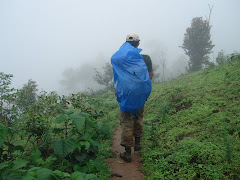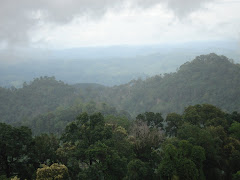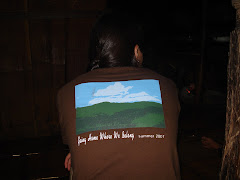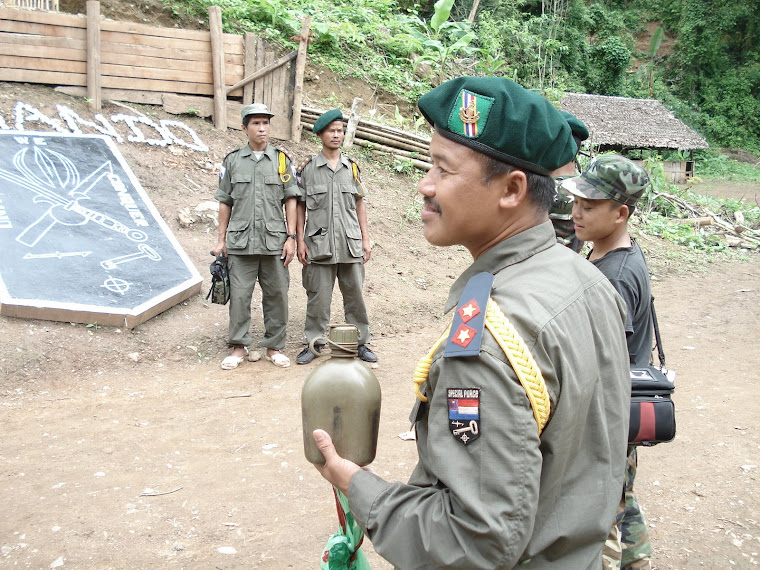# 1
Saw Greh Moo (Canada)The “Going Home Where We Belong: Stories of Resilience and Hope” by A.MO. Mutraw is a reflection on a people’s struggle and determination to resist oppression and injustice in their homeland. A quick and careless glance over the book might easily lead someone to believe that it is nothing more than a collection of photos and brief personal stories. But a serious reading and contemplation through the introduction pages can instantly turn readers thought around about the book even before one has a chance to read through everything. The book demonstrates to the readers that in the midst of oppression, suffering, and fear, it is the human spirit that prevails and withstands everything. No matter how difficult, tragic, and dreadful a human life will be, it is his or her spirit that makes it move forward and prevents it from falling apart physically and psychologically. The personal stories are written in a simple form, either through the author personal conversation with the people or a description of the people the author had personally met. But they tell everything. One striking scenario is when a woman recounted how she repeatedly has to run away from the Burmese soldiers when they came into her village. But she treated it as if it is normal for her running away when they came and coming back when they left. Through her story I can see a way of resistance she has utilized without giving in to the invading army. In other words, she has signalled that the army may come as many times as they want, but they can never force her to leave her beloved homeland. Looking through the prism of my personal experience, the book has particularly struck me in the chord. Having grown up in the Karen liberated area, experienced the Burmese invading army as a child, and now living in the West with little sense of belonging to mainstream society, I couldn’t draw more parallel experiences from the stories in the book. The author’s description of her exiled life, where she could hardly see herself fits into mainstream society, is most particularly true to my experience and many young Karen living in the West. Even with a first world citizenship, sometimes I wonder where my allegiance really lies. After many years, even with successful life and decent education in exile, I still could not find my rightful place. But after reading “Going Home Where We Belong,” I can now see where the problem is: it lies in the sense that while physically living in the West I am psychologically living in my beloved homeland. That’s why I never feel at ease and fit into the mainstream society where I call my new home. I highly recommend this book to any Karen, particularly the young generation, to read and study it carefully. The quality of the pictures is high, but the value of the stories is higher. And anyone interested in learning how ordinary people resist oppression and refuse to accept their fate in the midst of subjugation should read this book.
===














No comments:
Post a Comment